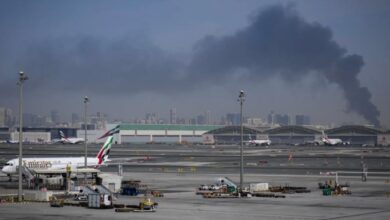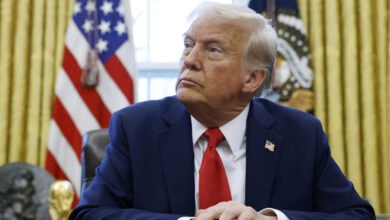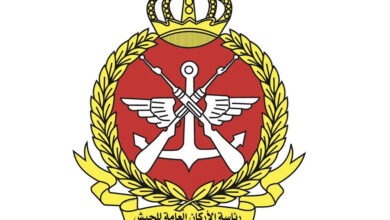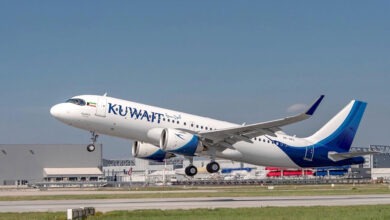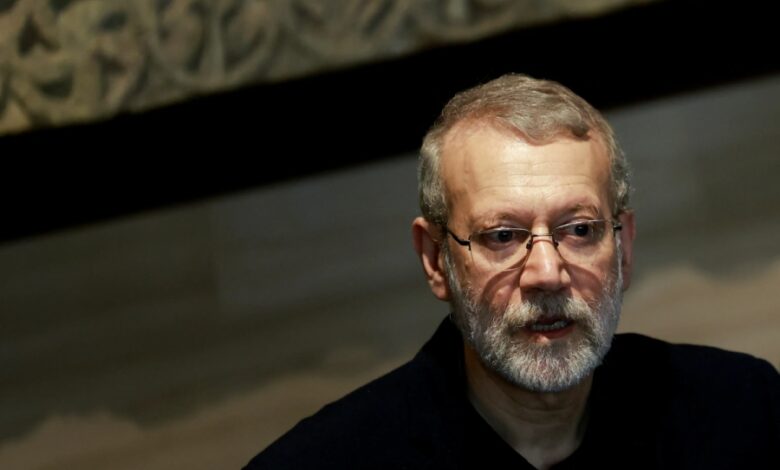
Iranian President Masoud Pezeshkian on Tuesday appointed veteran politician Ali Larijani as Secretary-General of the Supreme National Security Council (SNSC), replacing General Ali Akbar Ahmadian.
The appointment signals a strategic shift in Iran’s security leadership at a time of mounting regional tensions and a potential thaw in relations with the United States.
Larijani’s return to one of Iran’s most powerful posts—he previously held the same role from 2005 to 2007 and led early nuclear negotiations with the West—suggests a possible tilt toward a more pragmatic and diplomatic approach under the new administration.
His long tenure as Speaker of Parliament and reputation for maintaining ties across Iran’s political spectrum add weight to the decision, especially as Tehran navigates a delicate geopolitical landscape that includes escalating hostilities with Israel and indirect negotiations with Washington.
In tandem with Larijani’s appointment, President Pezeshkian announced the formation of a National Defense Council, a new body operating under the Supreme National Security Council.
It will be chaired by the president himself and include the heads of the three branches of government and top military officials. The move is seen as a step toward restructuring Iran’s defense decision-making and improving coordination between civilian and military institutions.
Meanwhile, tensions between Hezbollah and Israel continue to escalate. Hezbollah’s Deputy Secretary-General Naim Qassem announced in a televised address that the group refuses to set a timeline for handing over its weapons, citing ongoing “Israeli aggression.”
He added that any broader Israeli military campaign against Lebanon would trigger a significant missile response, stating, “If Israel re-launches a wider war against Lebanon, missiles would fall on it.”
The Lebanese government, for its part, has convened discussions about limiting arms to the state, signaling increased domestic pressure to rein in armed groups amid fears of a broader regional conflict.
Larijani’s comeback, combined with these parallel developments in Lebanon, reflects a pivotal moment for security policy in the Middle East—one shaped by overlapping domestic, regional, and international calculations.
Meanwhile, Hezbollah’s Deputy Secretary-General Qassem announced in a televised address that the group refuses to set a timeline for handing over its weapons, citing ongoing “Israeli aggression.”








